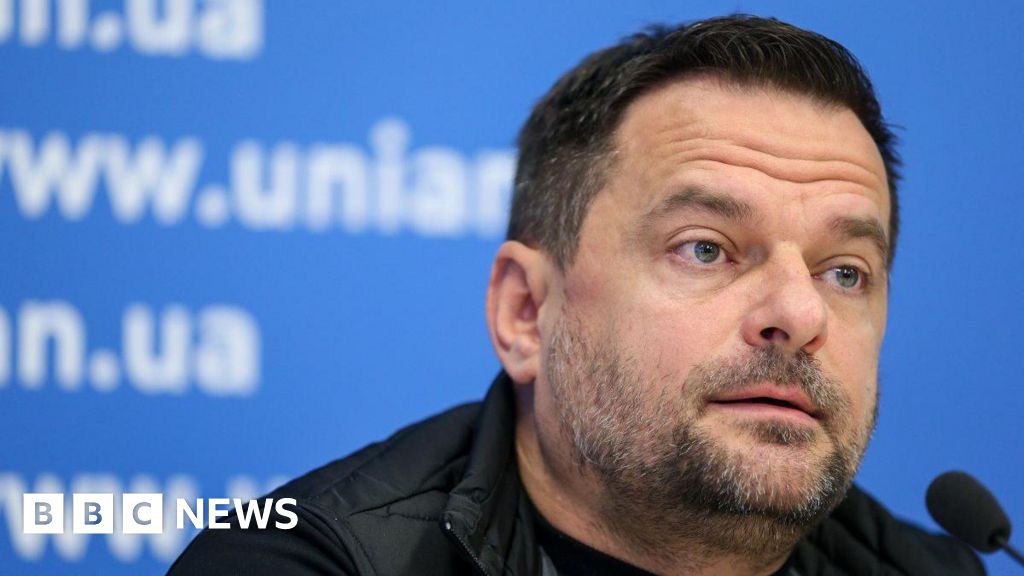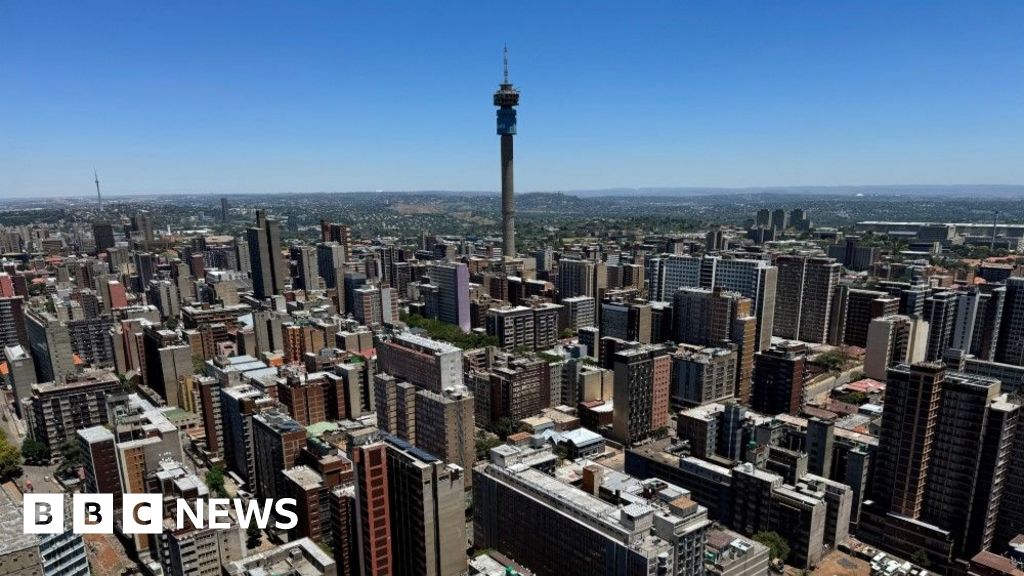A Euronews was on the ground at the Roosevelt Hospital on Wednesday night while doctors were fighting for the life of Slovakia's PM Robert Fico. Here's what he saw.
As the journalists gathered around the makeshift podium at the Roosevelt Hospital in Banská Bystrica on Wednesday night, Prime Minister Robert Fico’s government ministers couldn’t hide their state of shock.
Fico, who was shot in an assassination attempt in Handlova earlier in the day, was being operated on in the nearby building for several hours, and the information was sparse.
“We can talk about whether you like the prime minister or not, he is fighting for his life,” a visibly rattled Defence Minister Robert Kaliňák said in his opening statement.
“I cannot find words for what we’re witnessing today. We didn’t want Slovakia like this — no one wants Slovakia like this.”
After his security rushed him into a black Mercedes, Fico was reportedly responsive upon arrival in Handlova’s local hospital.
However, by the time he was airlifted to the modern regional medical centre some 50 kilometres from the scene of the shooting, the news from his government said his condition was critical.
In the meantime, the social media in the already polarised country exploded to the point where the Interior Ministry had to make an appeal on social media, asking for calm and reason.
'This is where we ended up'
The atmosphere at the press conference indicated that the ministers were still trying to come to terms with the consequences of the divisions Fico and his government had sowed in the country for years.
Fico’s popularity spiked during the pandemic, when he led anti-restriction protests against COVID-19 safety measures, going against medical experts’ explicit advice and winning supporters among conspiracy theorists.
A populist who platformed on anti-Western rhetoric, Fico said Slovakia would not send “a single round of ammunition” to the increasingly desperate Ukraine, fighting Russia’s war of aggression on its soil for more than two years.
Although Fico softened his stance on Ukraine only recently, Slovakian society remains firmly divided into two vocal camps — one being pro-Moscow and the other aligning with the broader European stance and even crowdfunding for the Ukrainian army.
On Wednesday in Banská Bystrica, Kaliňák was far removed from his usual cynical self. “Everyone should take a good mirror and reflect, and think about what’s truly important today in the Slovak Republic. This is where we ended up,” he said.
The streets near the hospital were nearly empty apart from journalists and TV crews gathered in front. As the ministers packed up and left, so did their entourage. The police and the helicopter that flew in the prime minister also departed.
Meanwhile, in one of the few restaurants still open close to midnight, Slovaks were watching hockey — an extraordinarily popular sport in the country — cheering for their national team's win against Poland, and it seemed that they did not care about the scenes unfolding in the nearby hospital.

 8 months ago
39
8 months ago
39









